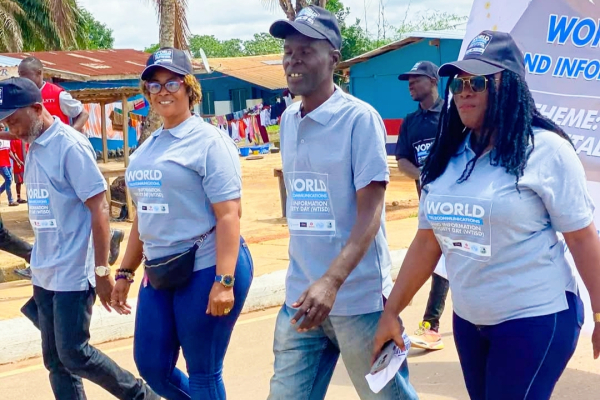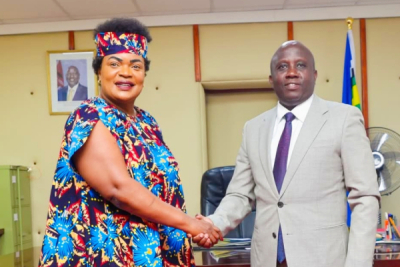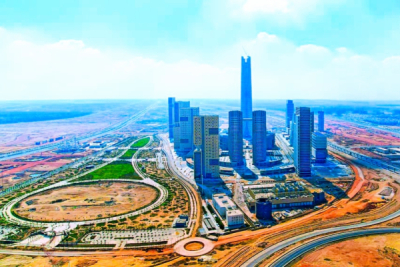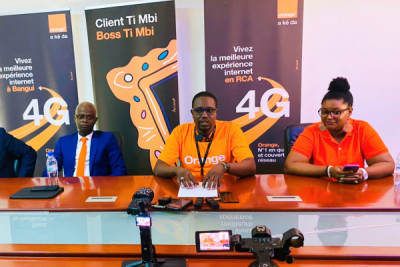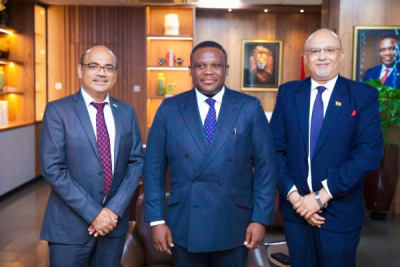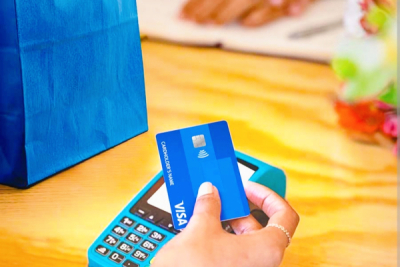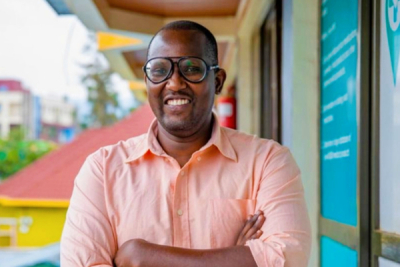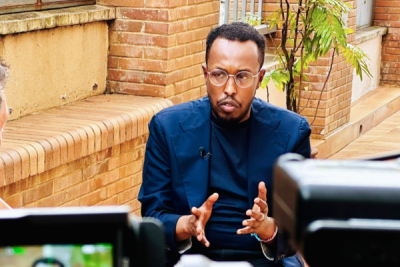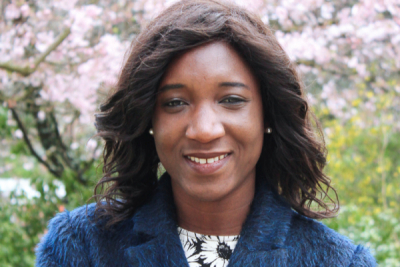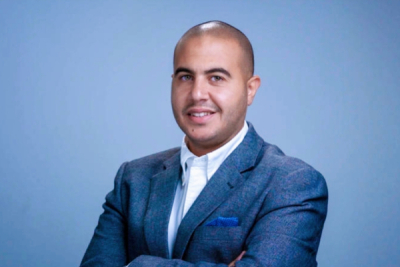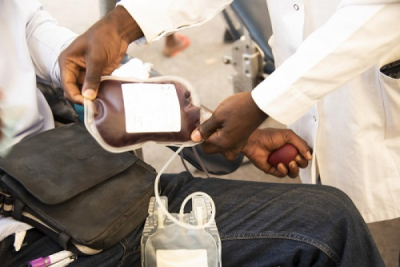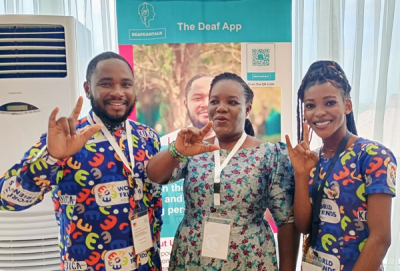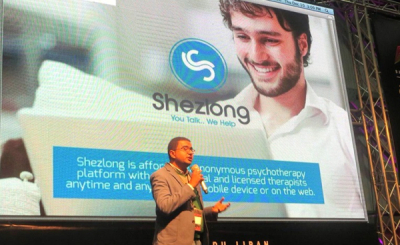- Liberia launched community Wi-Fi hotspots in Bong and Nimba counties with CSquared Africa.
- Initiative aims to expand affordable Internet in public spaces like schools and health centers.
The Liberian government has begun rolling out community Wi-Fi hotspots across the country in an effort to enhance Internet access for its citizens. The initiative, launched last week in Bong and Nimba counties, is a partnership with telecom infrastructure provider CSquared Africa and other stakeholders. Its unveiling coincided with celebrations for World Telecommunication and Information Society Day.
"With new low-cost WiFi access at health centers, schools, and community spaces, we are actively working to enhance digital literacy and economic participation in underserved communities. This initiative reflects our commitment to ensuring that every Liberian can benefit from and contribute to the digital transformation," Liberia's Ministry of Posts and Telecommunications said in a statement published on Facebook.
Internet penetration in Liberia stood at 23.5% in 2023 for an estimated population of 5.6 million, according to data from the International Telecommunication Union (ITU). The high cost of Internet services is considered one of the main barriers to adoption by the Global System for Mobile Communications Association (GSMA). The ITU estimates that in 2024, mobile Internet expenses accounted for 8.2% of monthly gross national income (GNI) per capita, significantly higher than the 2% threshold considered affordable by the organization. Fixed Internet costs were even more prohibitive, at 153% of GNI per capita.
While community Wi-Fi hotspots could accelerate Internet adoption in Liberia, their deployment is currently limited to specific areas. The government has not yet specified a timeline for expanding the initiative nationally or provided details on access terms, particularly regarding potential costs for users.
Beyond affordability, service cost is not the sole obstacle to Internet adoption. The GSMA also highlights the limited availability of Internet-compatible devices such as smartphones, tablets, or computers. According to the ITU, only 59% of Liberians owned a phone in 2023, without specifying the proportion of smartphones. Other barriers include a lack of digital skills, limited user experience, and concerns about online security.
By Isaac K. Kassouwi,
Editing by Sèna D. B. de Sodji


